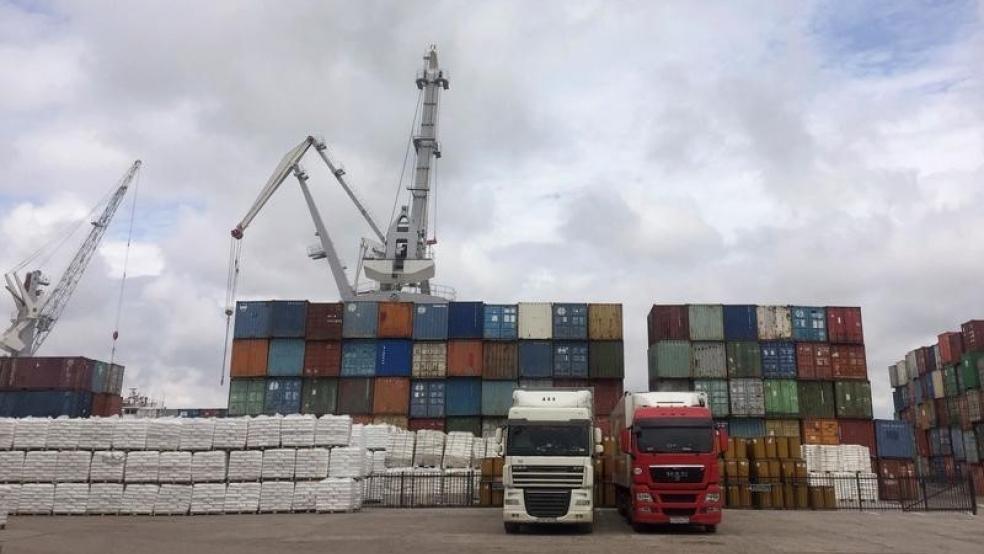It saw a return to growth in 2017, when it expected a 1 percent expansion.
In a separate report on Russia's financial stability, the IMF said the banking sector remained weak and would probably need additional capital.Many forecasters have increased their gross domestic product (GDP) forecasts for Russia: the IMF's remains relatively weak. A Reuters poll at the end of last month predicted Russia's economy would contract by 0.6 percent in 2016."The authorities' flexible and effective policy response has cushioned the economy from the dual shocks of lower oil prices and sanctions," the IMF said in a statement, summarizing the assessment by the Fund's executive board following a recent consultation with Russia."At the same time, the Russian economy will need to adjust to the challenge of persistently lower oil prices by reducing its dependence on oil and energy exports over the medium term," it added, calling for "fiscal adjustment anchored on a credible medium-term plan".The report also said monetary policy "normalization" would be appropriate, but the pace of policy easing should be gradual, in an acknowledgement that inflationary pressures are easing after several months of high interest rates.The Russian central bank recently cut its main policy rate for the first time in almost a year, but it is expected to remain cautious given persistent inflationary risks.In its financial stability report, the IMF put banks' capital shortage at 1 percent of GDP."The banking sector — while currently stable — is exposed to significant risks, asset quality being the largest," the report said. (Reporting by Jason Bush; editing by)IMF sees Russia's economy contracting by 1.2 percent in 2016

© Reuters Staff / Reuters



